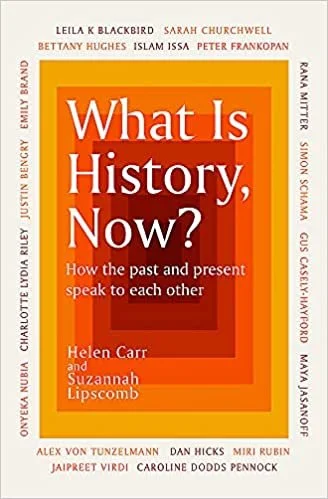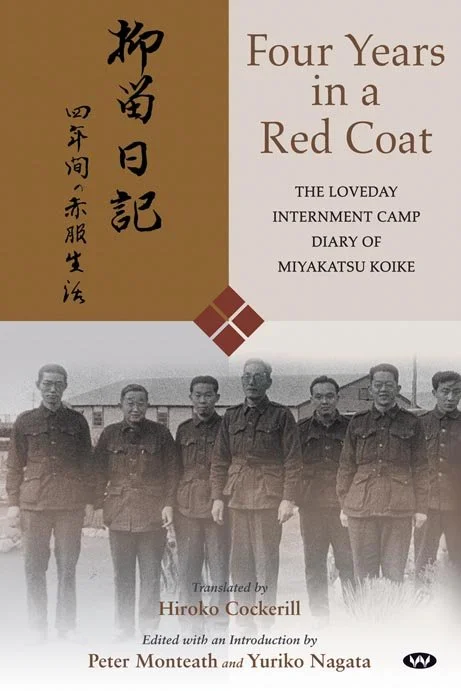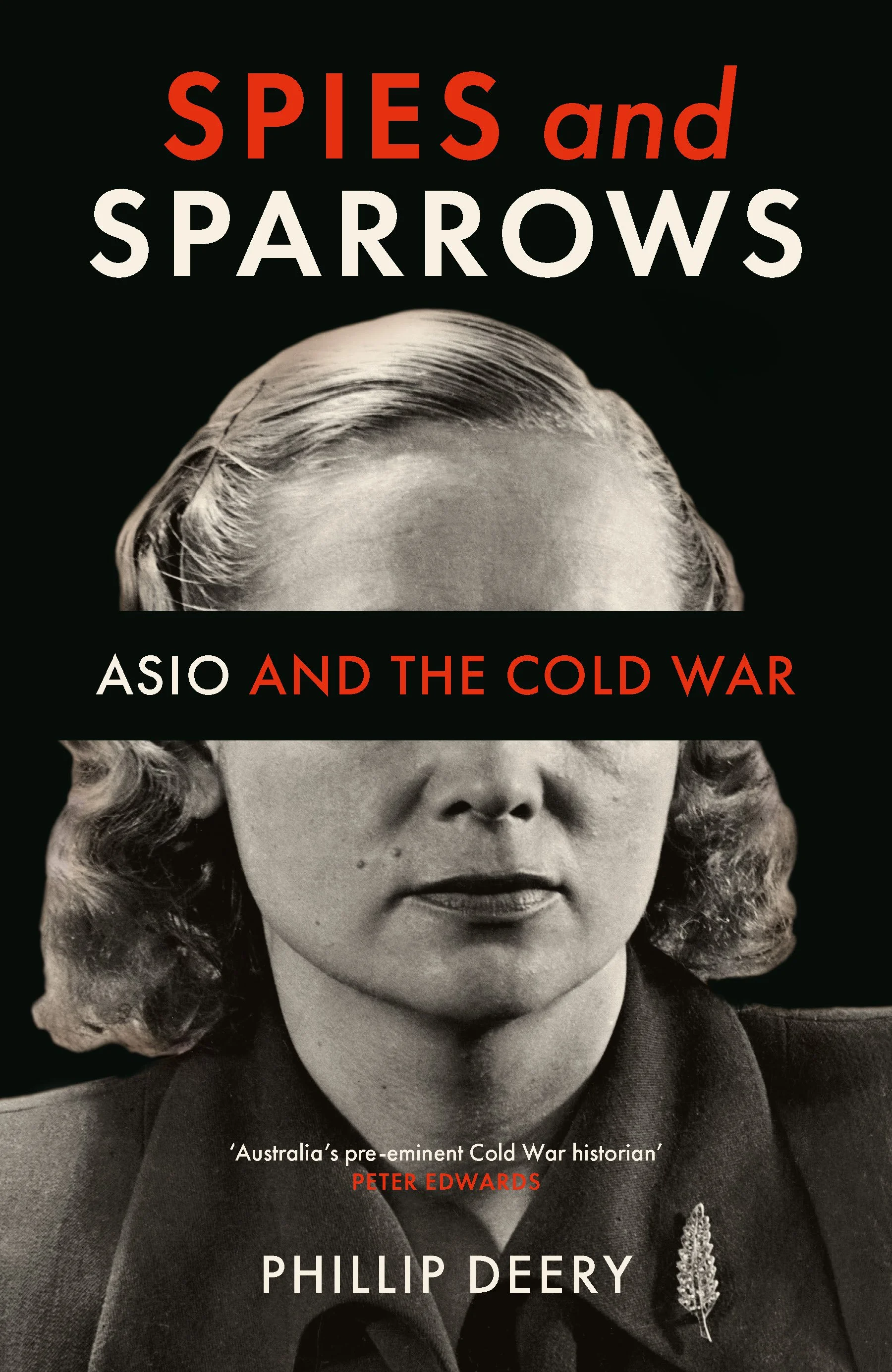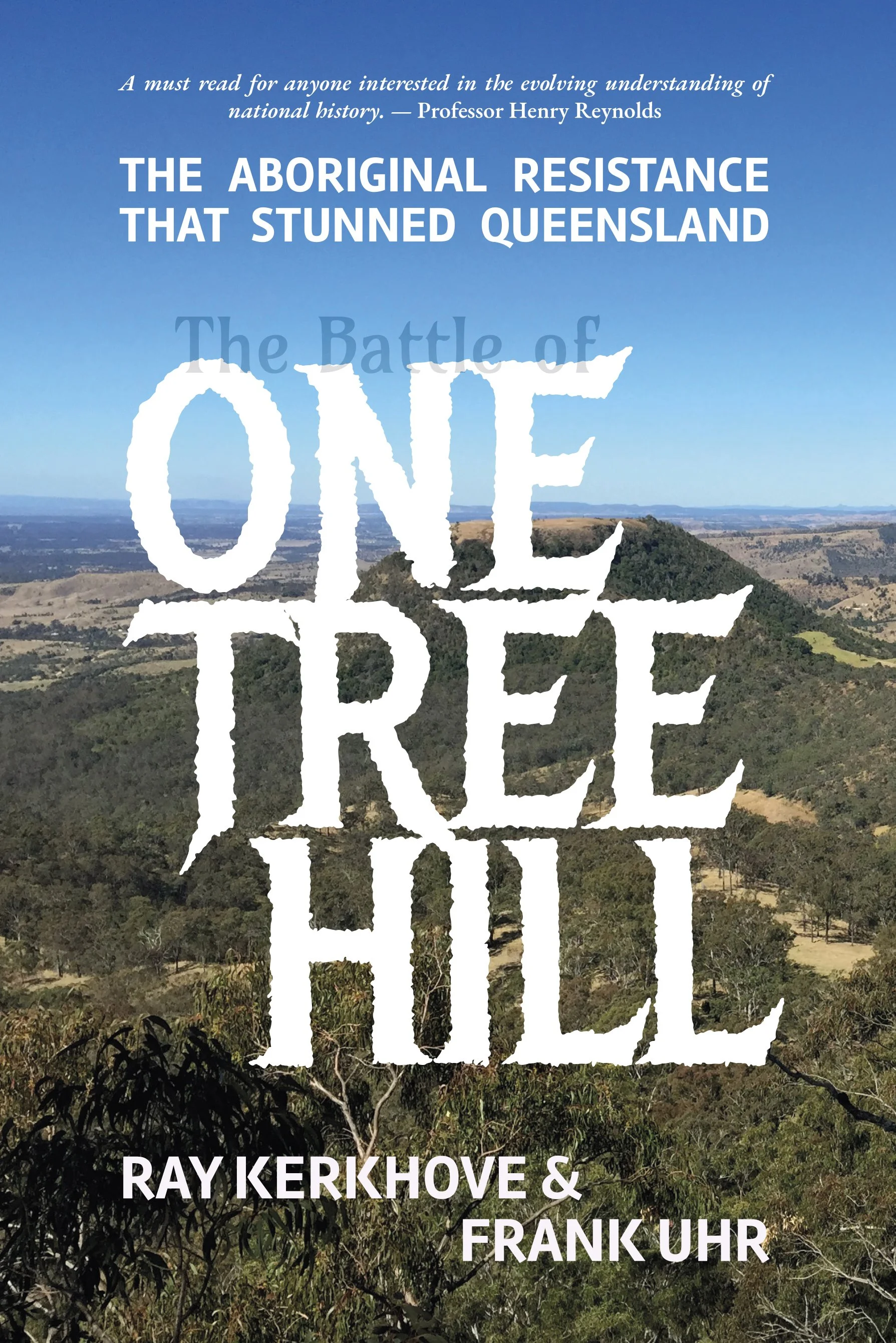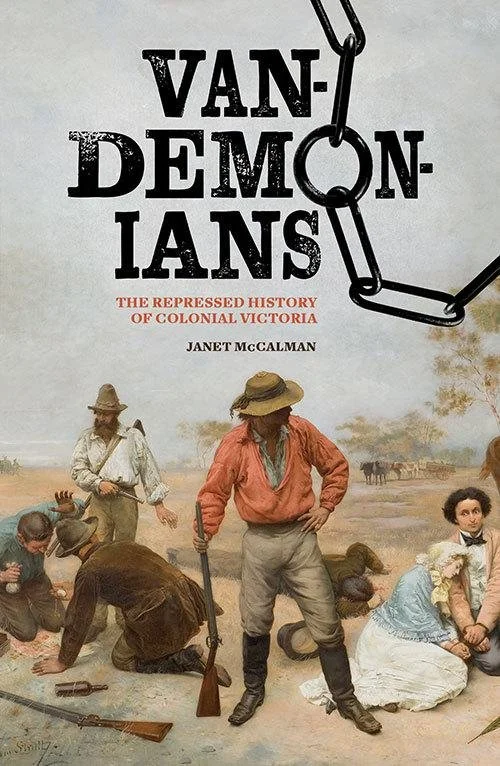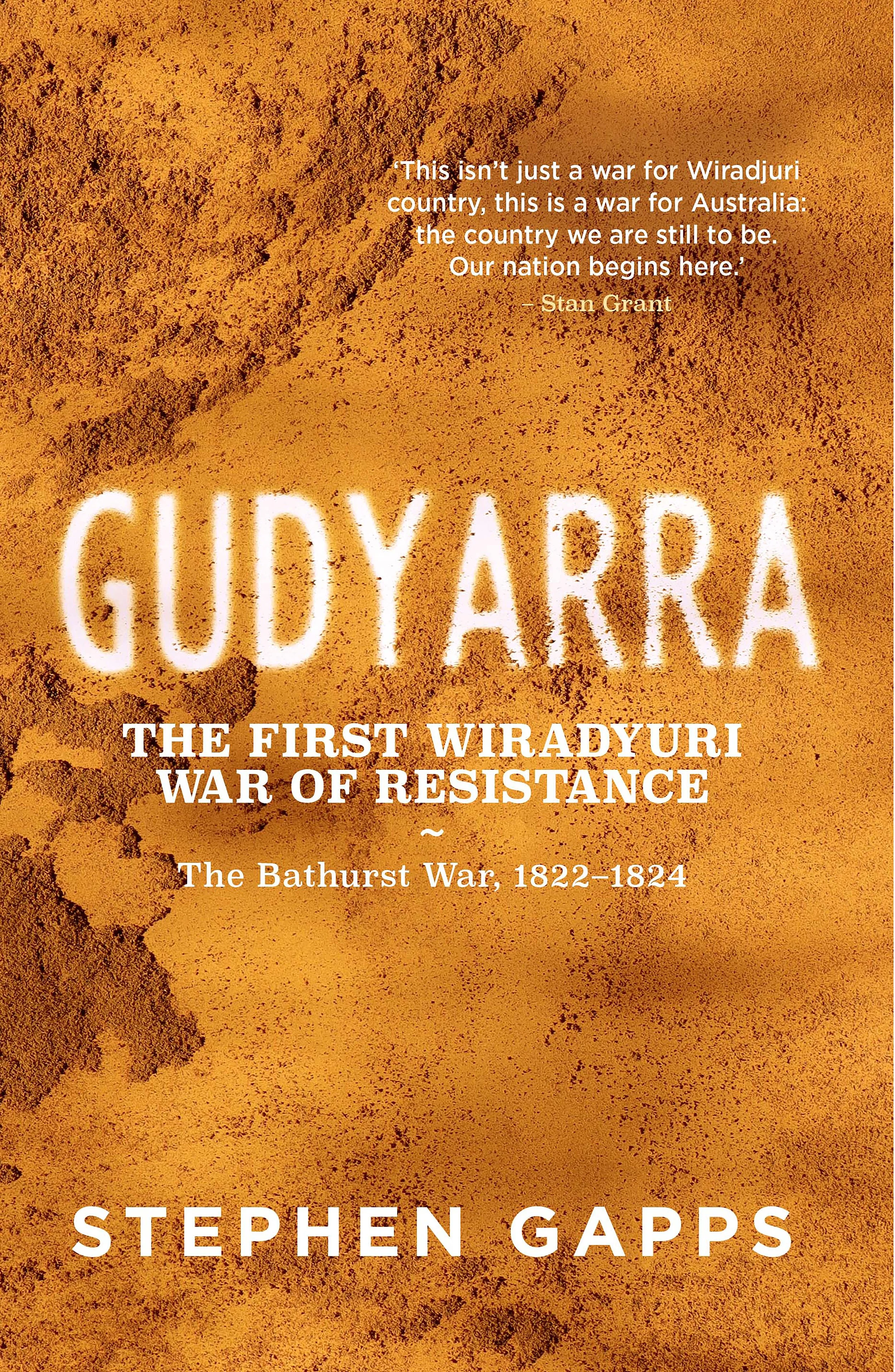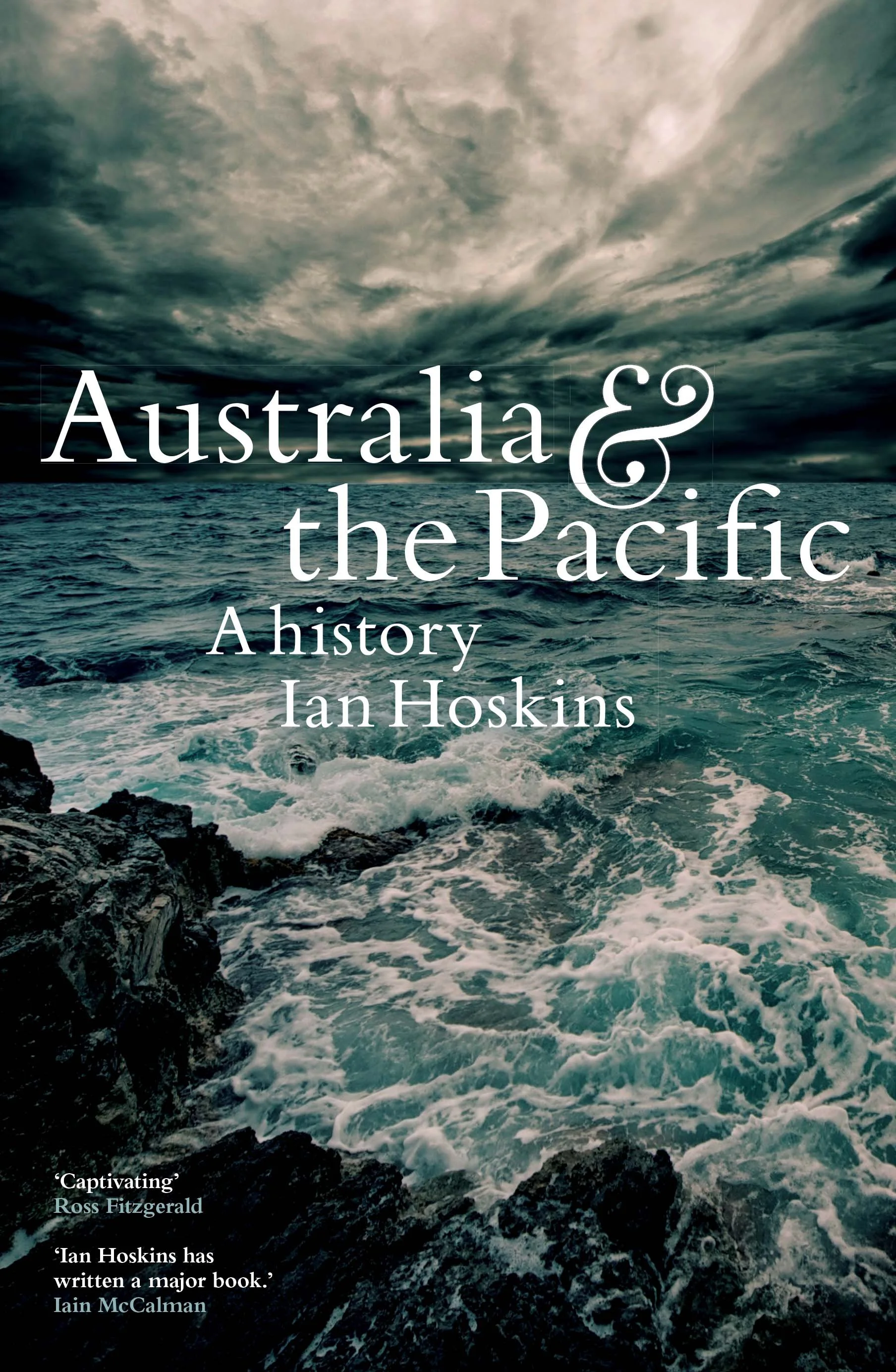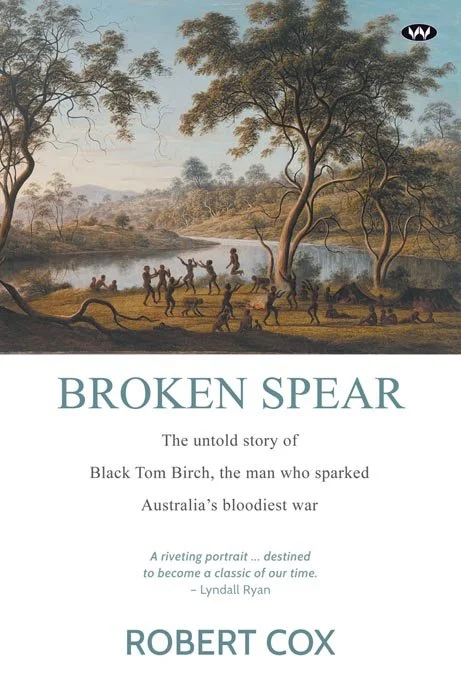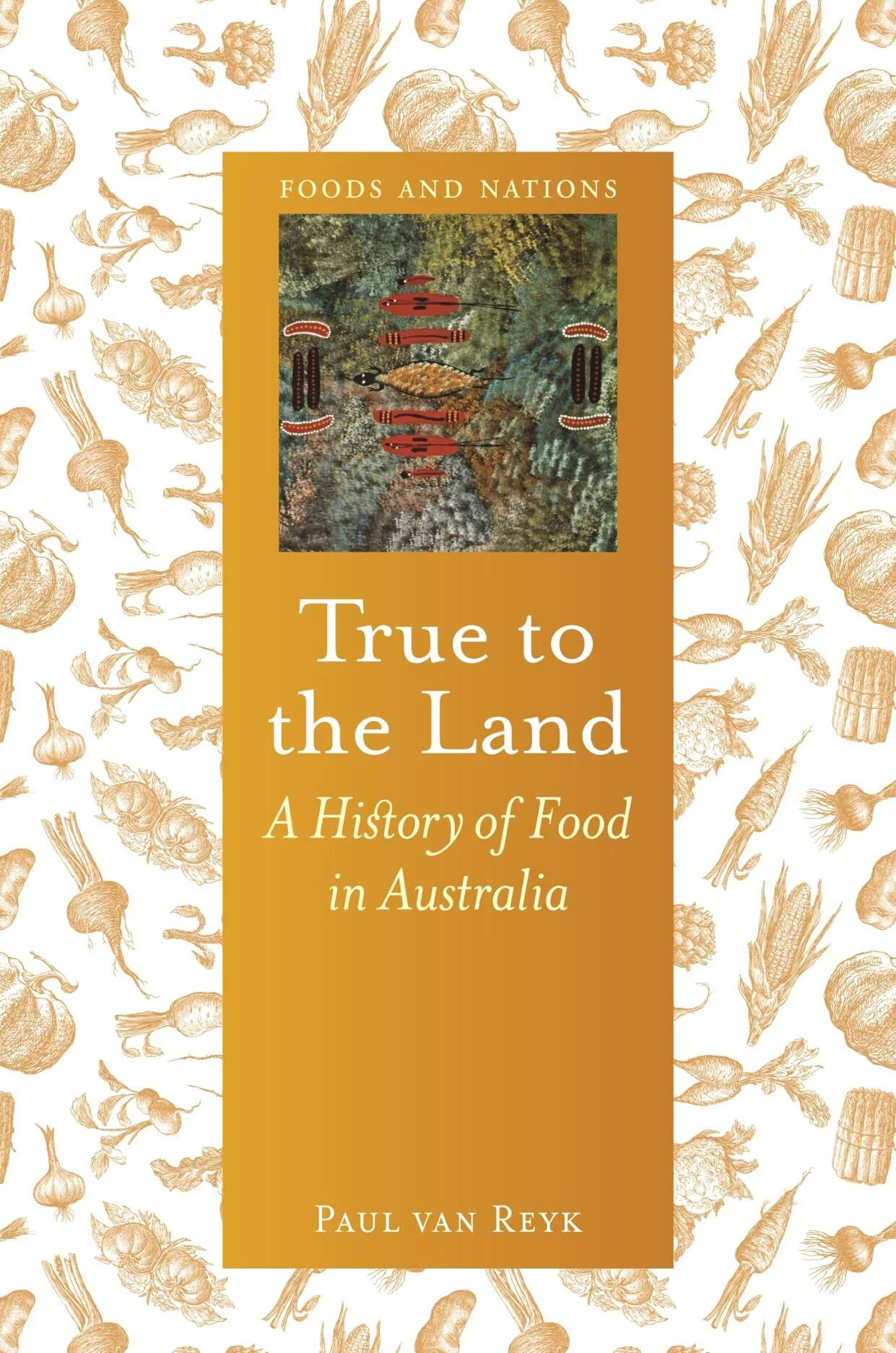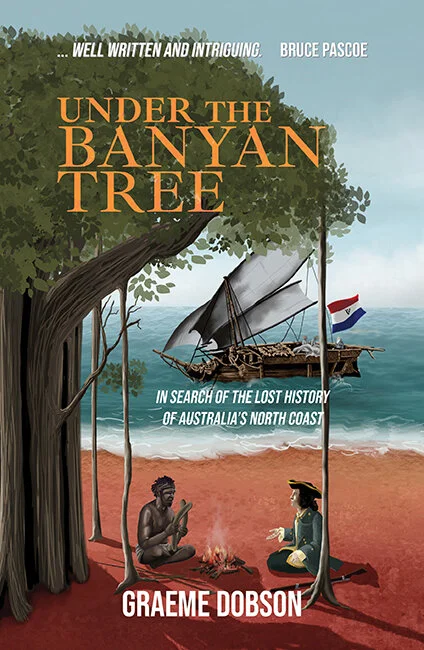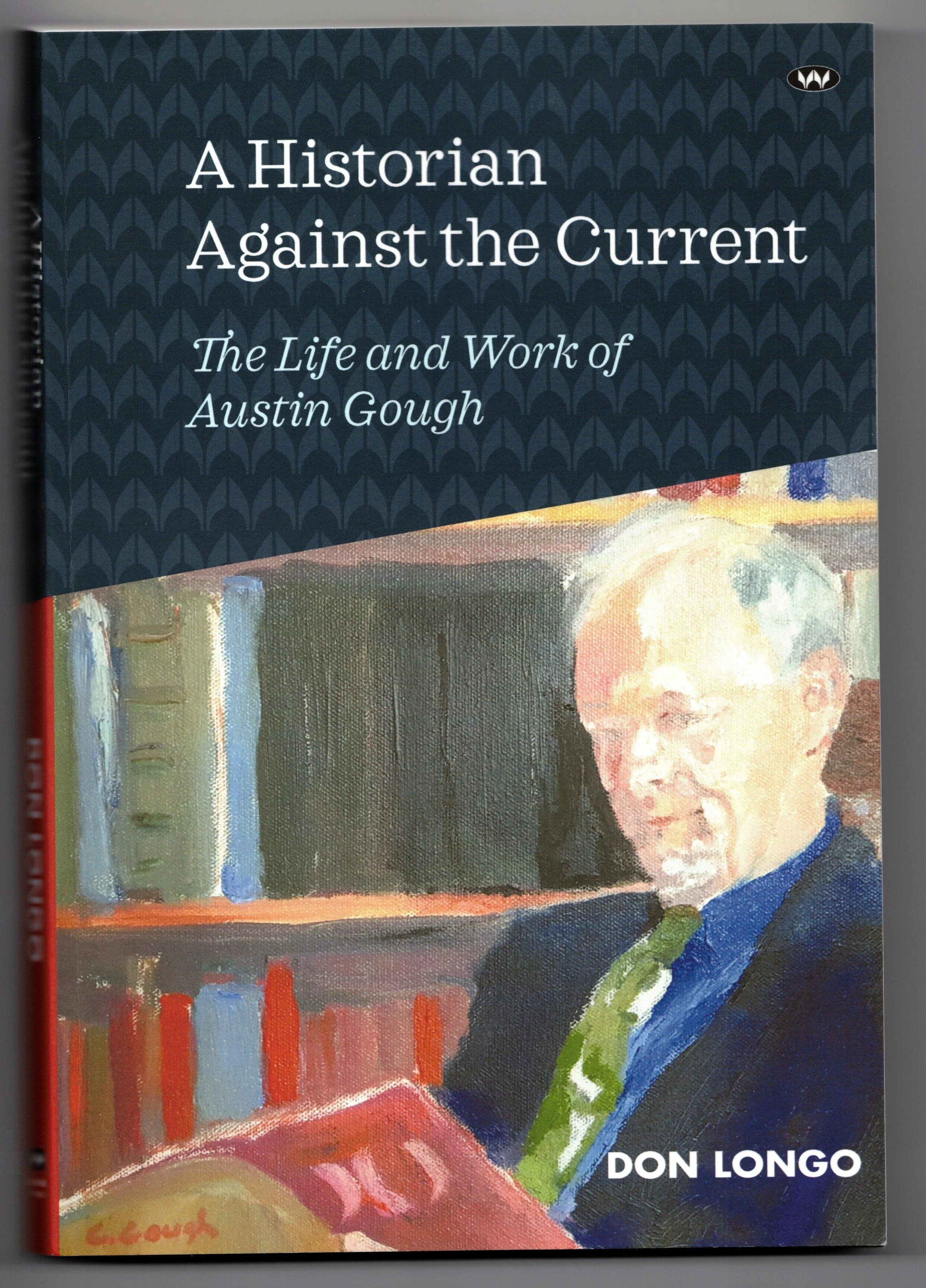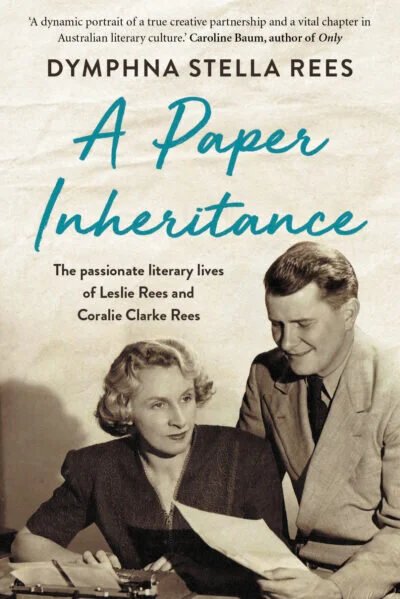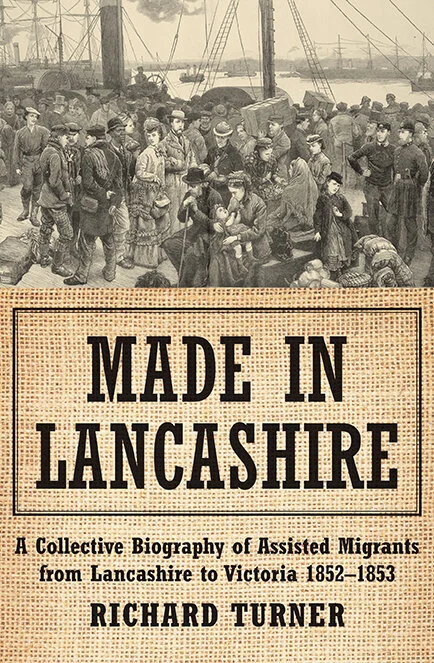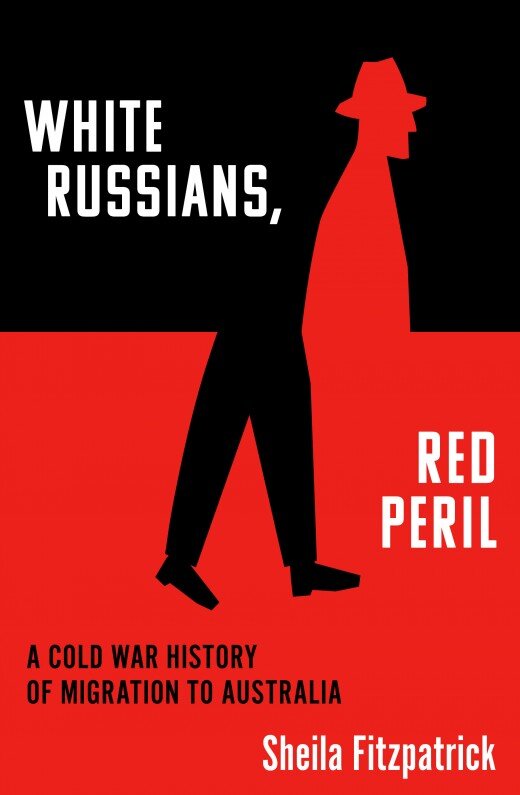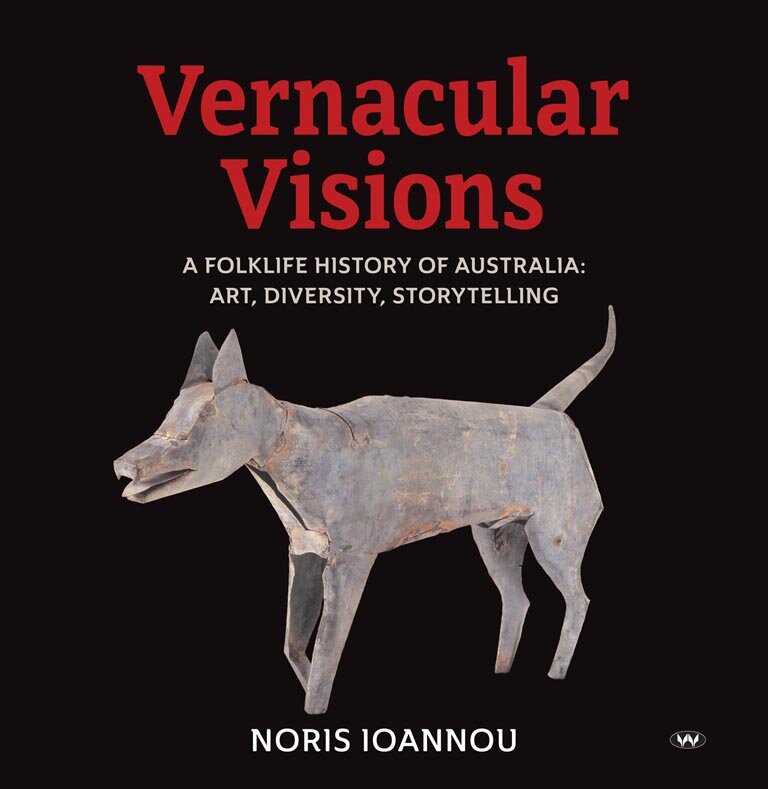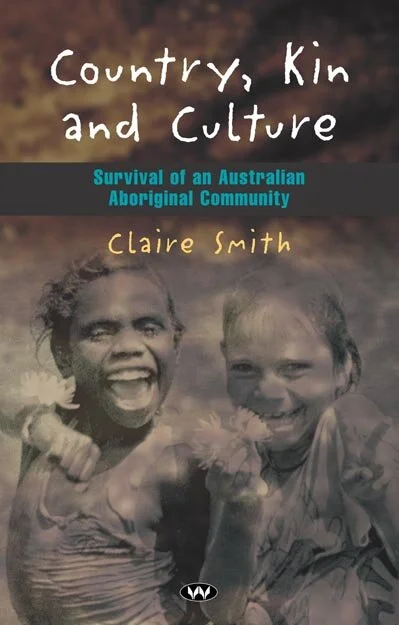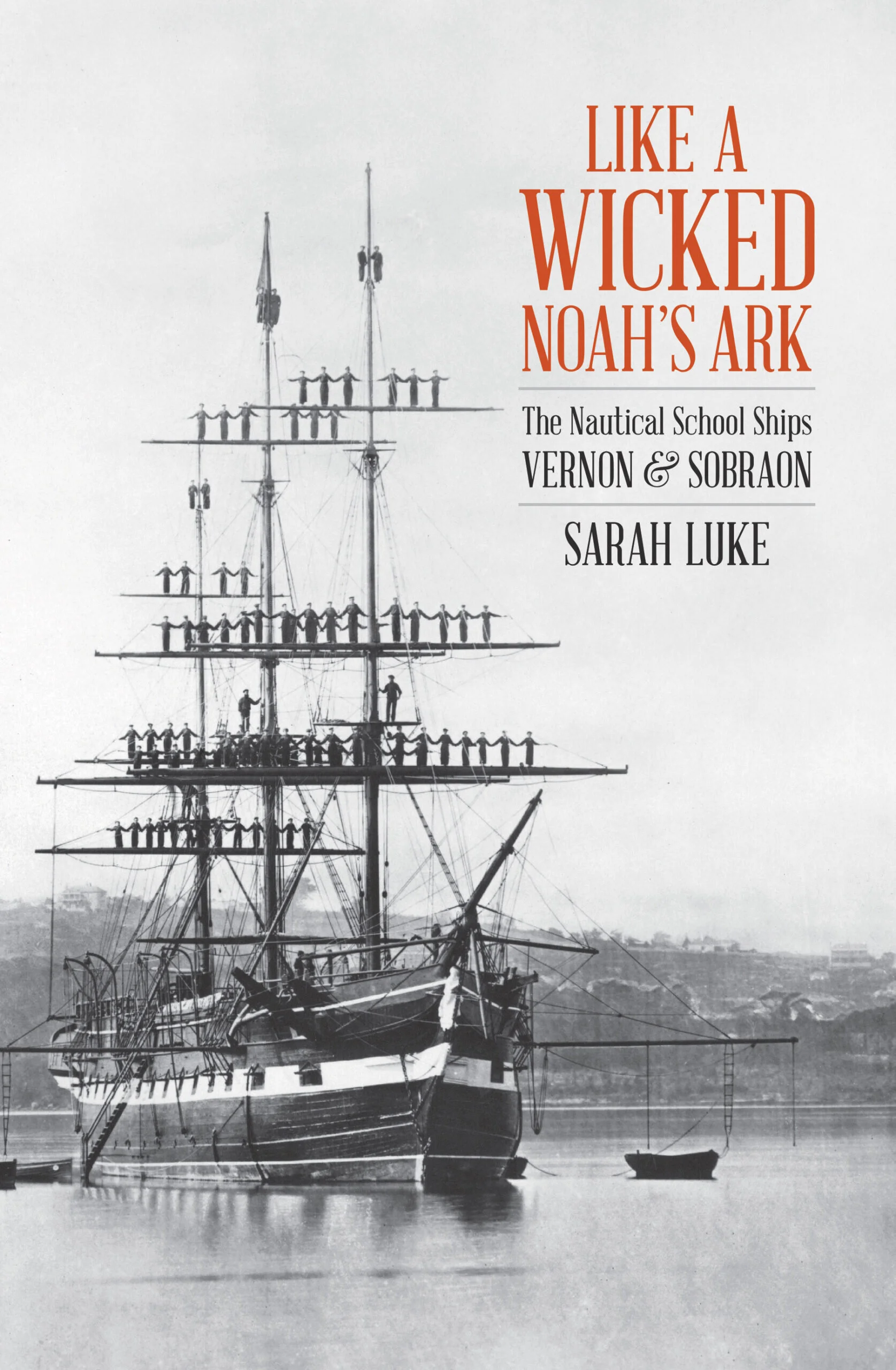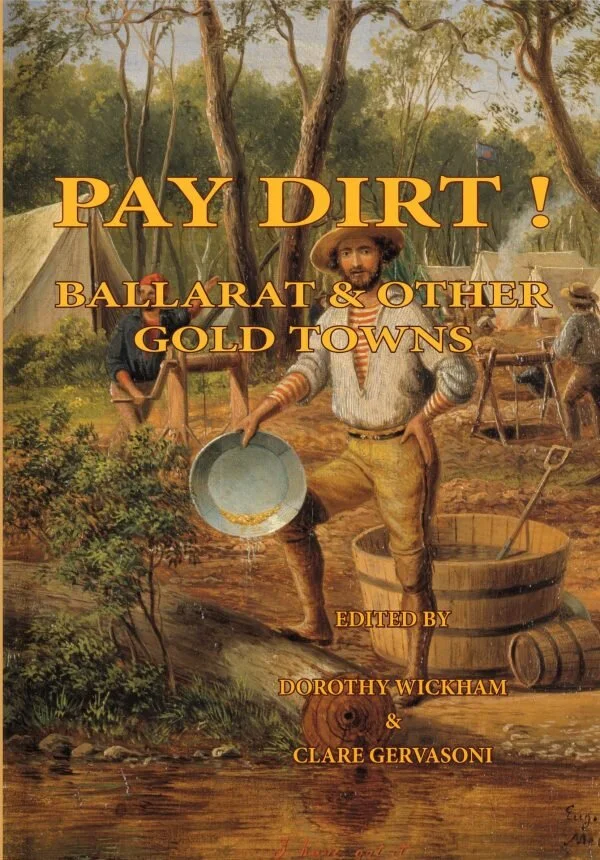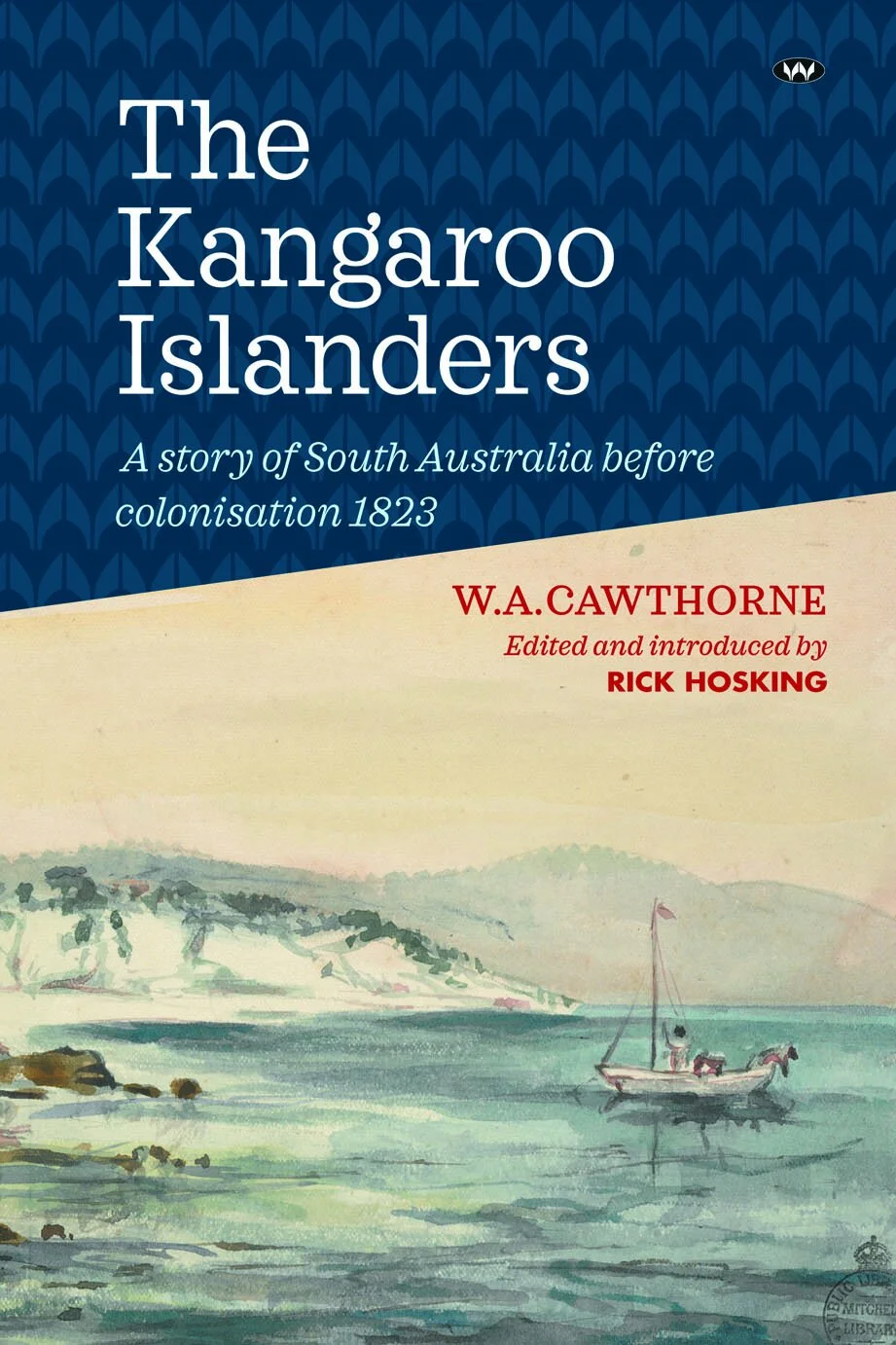Telling Tennant’s Story: the strange career of the great Australian silence
DEAN ASHENDEN
Tennant Creek is in the centre of the Northern Territory. In this book, the small town and its place in Warumungu Country, on the Stuart Highway and the Telegraph line, and on the route to prominence for several highly influential thinkers, is right at the centre of Australian history, policy and politics.
Read More
What is History Now? How the Past and Present Speak to Each Other
HELEN CARR AND SUZANNAH LIPSCOMB
Mention the historian E H Carr to a client of a professional historian, and it is a fair bet that the name will arouse suspicion. The apparent Soviet over-sympathies of the proclaimed ‘relativist’ historiographer in What is History? (1961) were actually an attempt at historical objectivity during the Cold War. So said the great-granddaughter of the lustrous historian, the lead editor in this informative collection of essays connecting the past and present in what we understand as ‘history’.
Read More
Four Years in a Red Coat: The Loveday Internment Camp diary of Miyakatsu Koike
TRANSLATED BY HIROKO COCKERILL
EDITED BY PETER MONTEATH AND YURIKO NAGATA
‘The rising sun shone through clouds scattered across the blue sky. What a beautiful dawn it was! […] We were absorbed in conversation in our tent all day. Unlike the outside world, we had no job to engage us. We had nothing to do but kill time.’
Read More
Spies and Sparrows: ASIO and the Cold War
PHILLIP DEERY
Spies and Sparrows is extensively researched, the archival plumbing being deep and comprehensive. It links social history with political history, the individual with the institutional, the local with international alliances. Significantly, it follows the command that all historians should follow – the obligation to communicate, to make the narrative clear and the text readable. It is an antidote to the terminal dullness of Australia’s recent official histories.
Read More
The Battle of One Tree Hill: The Aboriginal Resistance that Stunned Queensland
RAY KERKHOVE & FRANK UHR
Accounts of frontier violence have grown since Bill Stanner’s criticism in the 1968 Boyer lectures of Australian history’s wilful ignorance of Aboriginal people and Aboriginal history. Ground-breaking works by Henry Reynolds and Lyndall Ryan have revealed the violence and the complicity of colonial authority, and more recent texts by historians such as Stephen Gapps have shown the resistance of Aboriginal people to invasion. The Battle of One Tree Hill by historians Ray Kerkhove and Frank Uhr sits firmly alongside these histories. It tells of the success of a range of Aboriginal groups in the Darling Downs and Lockyer region, working together to defeat colonists in the Battle of One Tree Hill.
Read More
Vandemonians: The Repressed History of Colonial Victoria
JANET MCCALMAN
I suspect that few readers will be aware of the complex set of outcomes for the ex-convicts from the south. Indeed, rectifying this lack of awareness is the impulse behind this work … I believe that Vandemonians is a telling example of how traditional research methods can be married with genealogical databases to trace the course of an individual life.
Read More
Gudyarra: The First Wiradyuri War of Resistance - The Bathurst War, 1822-1824
STEPHEN GAPPS
This book, along with other recent works including Gapps’ previous book The Sydney Wars and Mark Dunn’s The Convict Valley, show us that careful and inclusive scholarly research into the history of New South Wales can produce accurate, useful and insightful analysis based on both archival, online and oral sources, and on previously published work. There will always be gaps and silences, and we may never know the name of every Aboriginal person who was involved, or the exact numbers who perished defending their country, but we can now begin to see and understand our own history from both sides of the frontier. The same for other parts of Australia is needed.
Read More
Australia & the Pacific: a history
IAN HOSKINS
This is an important book that will make waves. In Australia & the Pacific, Ian Hoskins ventures into pointedly political waters, particularly the autonomy of First Nations peoples and the environmental implications of Australia’s extractive industries.
Read More
Broken Spear: The untold story of Black Tom Birch, the man who sparked Australia’s bloodiest war
ROBERT COX
Australians are gradually discovering and appreciating their frontier war history. These dark but fascinating events form the birth of our nation, and the lived experience of our ancestors. Even so, they have been sidestepped for decades, in the hope of presenting our continent’s past as uniquely bloodless.
Read More
True to the Land: A History of Food in Australia
PAUL VAN REYK
True to the Land joins Reaktion’s Foods and Nations series, which aims to apply a historical and geographical lens to ‘how food production and consumption of food developed, and how they were influenced by the culinary practices of other places and peoples’.
Read More
Under the Banyan Tree: In search of the lost history of Australia’s North Coast
GRAEME DOBSON
Under the Banyan Tree is not about the botanical species. Instead, it is the account of a journey through our nearest northern neighbours – nations that rarely appear in Australian histories – and stories of trade with the Yolngu in Arnhem Land. The book offers a swashbuckling romp through changing cultures around the region.
Read More
A Historian Against the Current: The Life and Work of Austin Gough
DON LONGO
Longo, who was a student of Gough’s in the 1970s, must have read widely in his attempts to understand Gough’s thinking, and his biography has a clear chronological development from Gough’s birth in 1926.
Read More
A Paper Inheritance
DYMPHNA STELLA REES
‘[T]he best memoirists allow their life experiences to shed light on a culture, a historical moment, a time, a place, a social problem, a political issue...’ said Natalia Rachel Singer, a professor of English. While the memoir is usually categorised as creative non-fiction, when it does as Singer applauds, it can illuminate the historical record. Dymphna Stella Rees has made such a contribution with her actual paper inheritance, out of which she has woven a compelling story of Australia’s literary life from the 1930s on.
Read More
Made in Lancashire: A Collective Biography of Assisted Migrants from Lancashire to Victoria 1852-1853
RICHARD TURNER
Detailed migration studies such as this, which rely on extensive interrogation of the records, do much to enhance our understanding of the development of the colonies.
Read More
White Russians, Red Peril: A Cold War History of Migration to Australia
SHEILA FITZPATRICK
The very word ‘Russia’ evokes romance and exotica. Glittering onion domes, Zhivago and Lara in the snow, Tchaikovsky’s Swan Lake, Tolstoy’s Anna Karenina. Or the hammer and sickle, Lenin, Stalin, Gorbachev. Or spies -- the Cambridge Five, the Petrovs -- and oligarchs who own football teams and political foes who are poisoned, imprisoned, shot. Somehow always bigger than ordinary life, more revolutionary, more evil, more tragic.
Read More
Vernacular Visions - A folklife history of Australia
NORIS IOANNOU
A fundamental requirement for any historian is to be able to see the world as it is and not how you would like it to be. Equally important is having sufficient confidence not to be beholden to modish schools of analysis and criticism. It is a great strength of this book that it encounters the world not with a rush to judgment but a quest for understanding.
Read More
Country, Kin and Culture: Survival of an Australian Aboriginal Community
CLAIRE SMITH
Smith, an archaeologist, has turned to history to successfully recast the subjects of her enquiry ─a complex of Aboriginal groups, whose ancestral lands spanned the southern Arnhem Land plateau. She foregrounds the lived circumstances of the generations she came to know, rather than the idealised lives of their ancestors.
Read More
Like a Wicked Noah’s Ark: The Nautical School Ships Vernon & Sobraon
SARAH LUKE
This book makes lively use of institutional and court records, as well as children’s testimonies, to bring to life the experiences of boys housed on industrial training ships moored in Sydney Harbour until 1911.
Read More
Pay Dirt! Ballarat & Other Gold Towns
DOROTHY WICKHAM AND CLARE GERVASONI (EDS)
An endorsement of the old adage ‘good things come in small packages’ is this celebration of Ballarat Heritage Services’ 21 years of publishing. The overarching theme is of Victoria’s central goldfields but looking also to wider transnational relationships.
Read More
The Kangaroo Islanders: A story of South Australia before colonisation 1823
WA CAWTHORNE, EDITED BY RICK HOSKING
When the South Australian Company landed on Kangaroo Island in 1836 to begin the official settlement of the province, they were surprised to find several others were already living there. William Cawthorne, writing in 1854, tells of some of these people, voiced in regional English dialects and rich with nautical expressions honed through their sea life.
Read More


